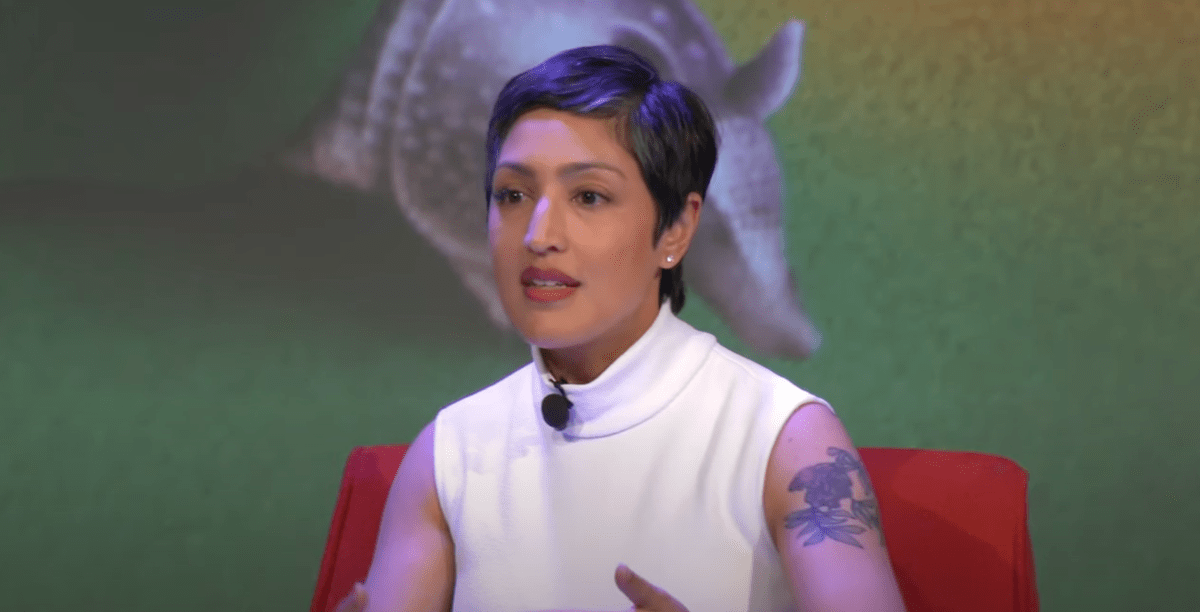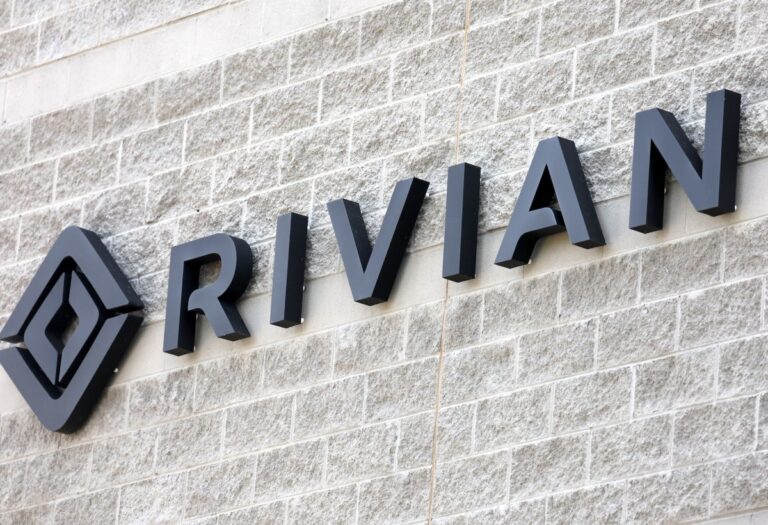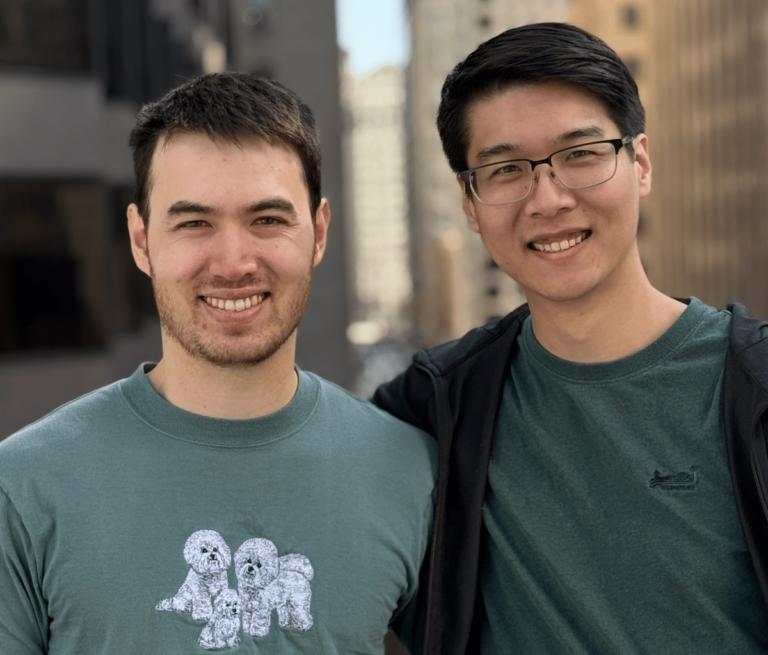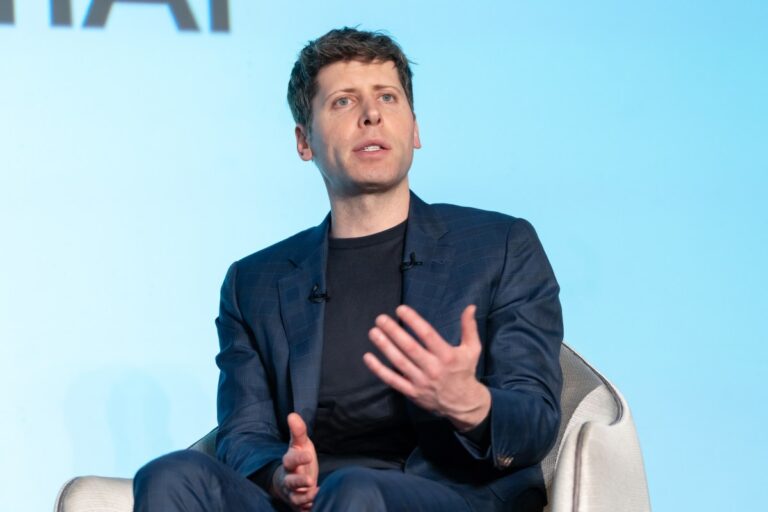Former Twitter AI Ethics Chief Rumman Chowdhury Expresses Concerns Over Elon Musk’s Influence on Federal Government Policies
Rumman Chowdhury, a prominent data scientist and nonprofit founder, recently shared her insights on the impact of leadership in technology and government during a panel at SXSW. Her comments primarily targeted Elon Musk and the Department of Government Efficiency (DOGE), highlighting critical issues within the current landscape of leadership and public service.
Musk’s Influence on Government Efficiency
Chowdhury expressed her concerns regarding the actions taken by Musk and DOGE, particularly their approach to staffing within U.S. federal agencies. She emphasized the chaos that has ensued as a result of abrupt staff cuts, which in some cases, have compromised cybersecurity. Her remarks included:
- The Consumer Financial Protection Bureau has faced significant reductions.
- Staffing levels at the National Highway Traffic Safety Administration have dwindled.
- Probationary employees at the Federal Aviation Administration have been let go.
Concerns Over Brain Drain
Chowdhury raised alarms about the potential brain drain resulting from these staff reductions, drawing a parallel to her experiences at Twitter following Musk’s acquisition. She stated:
“Some estimates say about 20% of [Twitter] had already left before [Musk] even took over, and then he fired another 30% on top of that.”
This dramatic turnover, she argues, has significantly impacted the culture and productivity at both Twitter and government organizations.
The Chaotic Environment of Leadership
Chowdhury noted the risks associated with a chaotic leadership style, warning that it can lead to detrimental outcomes in critical institutions. She remarked:
“It’s scary to see that happening to the U.S. government, an institution that matters significantly in every American’s life.”
Musk’s Vision for Twitter (X)
In addition to her criticisms of Musk’s management practices, Chowdhury discussed his vision for Twitter, now rebranded as X. She accused Musk of leveraging the platform as a tool for personal propaganda, stating:
“I don’t think there’s any debate or discussion to be had here.”
Chowdhury contrasted Musk’s behavior with that of former CEO Jack Dorsey, highlighting the differences in their leadership styles.
Controversial Claims and Misinformation
Recent reports have documented Musk’s dissemination of misleading information, particularly regarding the upcoming 2024 U.S. presidential election. Chowdhury pointed out that:
- Musk’s misleading claims were viewed nearly 1.2 billion times on X.
- He has made false assertions about federal spending and international relations.
Moreover, Musk has publicly questioned X’s own fact-checking system, known as Community Notes, alleging it has been manipulated by external entities without providing evidence.
For further insights on the evolving dynamics of technology and government leadership, you can visit this page.
To learn more about misinformation in social media, check out this FactCheck.org resource.







